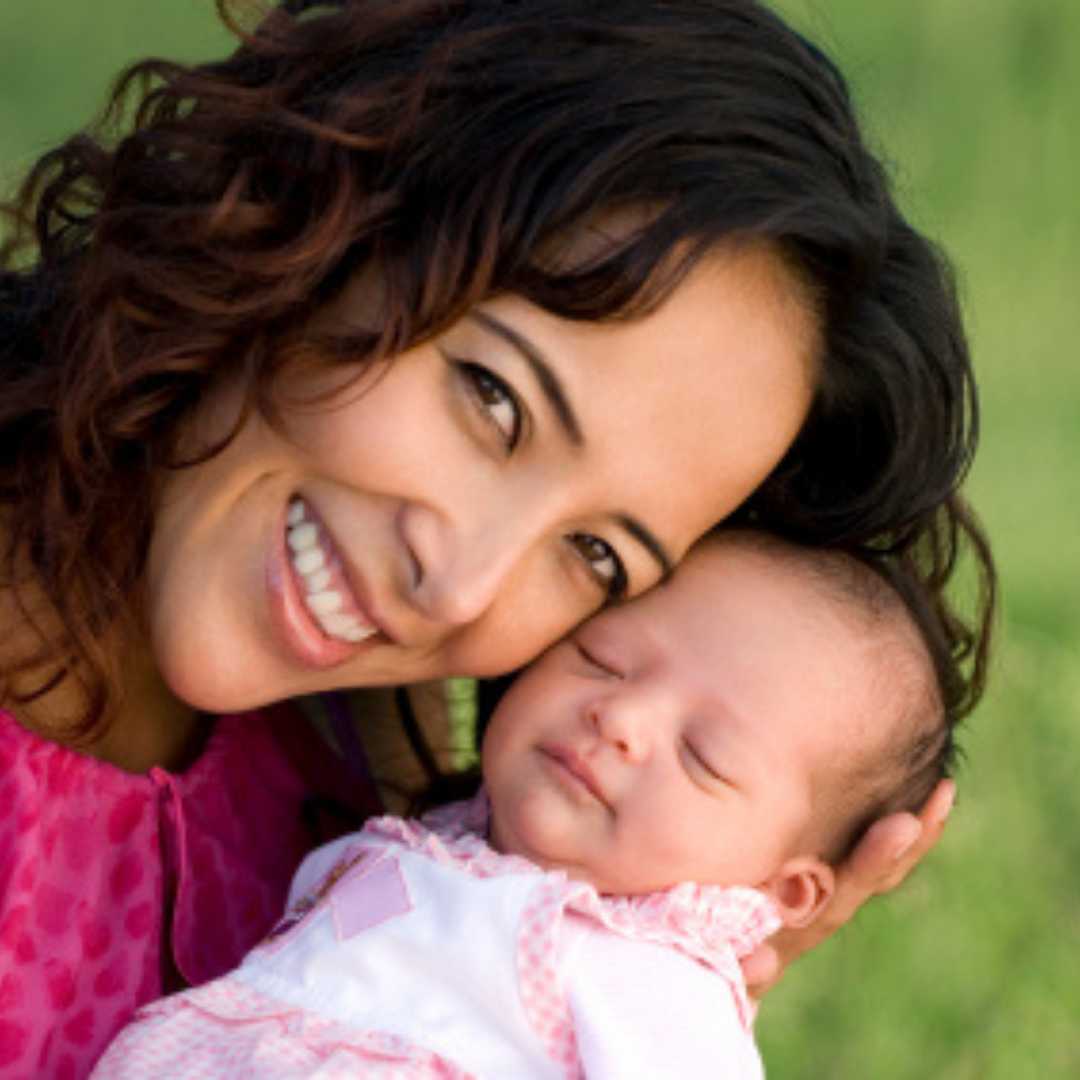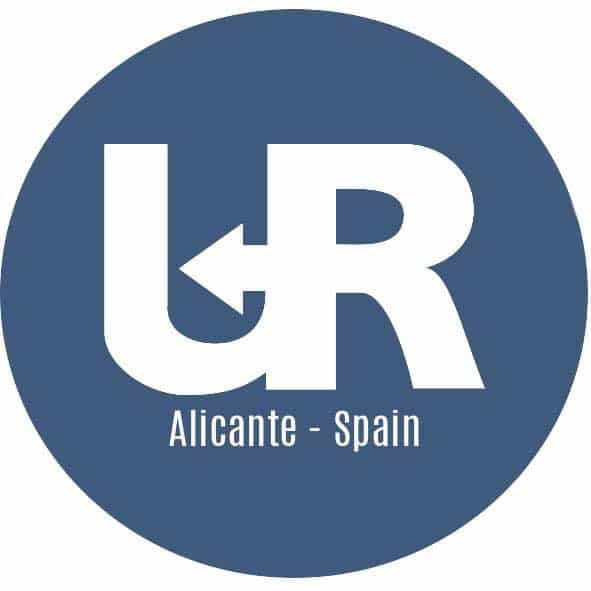Considering Egg Freezing? Explore Options in Spain

Are you considering egg freezing and wondering about the longevity of frozen eggs, especially if you're looking at options in Spain? It's a common and important question for many women thinking about their reproductive future. Egg freezing, or oocyte cryopreservation, has become a remarkable advancement in fertility preservation, offering women the chance to "pause" their biological clock and pursue motherhood at a later stage. Spain has emerged as a leading destination for fertility treatments, including egg freezing, due to its progressive laws, advanced clinics, and experienced medical professionals. Unlike some other countries with strict time limits, Spain's legal framework provides exceptional flexibility, allowing for the indefinite storage of frozen eggs. This blog post will delve into the specifics of egg freezing in Spain, addressing frequently asked questions and providing detailed insights to help you make informed decisions about your fertility journey.
How long can frozen eggs be stored in Spain?
This indefinite storage period provides immense peace of mind and flexibility for women who choose to delay childbearing for various personal, professional, or medical reasons. The quality of the eggs remains the same as when they were frozen, regardless of how many years pass. This is a significant advantage compared to some other countries where legal limits on storage duration might necessitate difficult decisions about egg disposition after a certain period.
Does the quality of frozen eggs decline over time in storage?
The vitrification process used for egg freezing is an ultra-rapid freezing technique that virtually eliminates the formation of ice crystals, which can damage cells.
Therefore, whether you use your frozen eggs one year or ten years after freezing them, their quality will remain the same as the day they were cryopreserved. The primary factor influencing the success rate of future pregnancy with frozen eggs is the age of the woman at the time of freezing, as egg quality naturally declines with age. This is why clinics generally recommend freezing eggs at a younger age, ideally before 35, to maximize future success rates.
What is the ideal age to freeze eggs in Spain for optimal success?
While there's no strict legal age limit for egg freezing in Spain, most fertility specialists and clinics advise women to consider the procedure before their mid-30s.
-
Egg Quality: As a woman ages, the quality of her eggs naturally declines, increasing the risk of chromosomal abnormalities. Freezing eggs at a younger age ensures that you are preserving eggs with a higher probability of leading to a healthy pregnancy.
-
Egg Quantity: The number of eggs a woman has (ovarian reserve) also decreases with age. Freezing eggs when you have a good reserve means you can retrieve a sufficient number of healthy eggs in one cycle, increasing your chances of success in the future.
While it is possible to freeze eggs at older ages, the success rates for future pregnancy tend to be lower because the quality of the eggs is already reduced. Consulting with a fertility specialist in Spain can help determine the best timing for you based on your individual health and ovarian reserve.
What is the process of egg freezing (vitrification) in Spain?
The process of egg freezing in Spain is a well-established and highly standardized procedure, typically involving several key steps:
-
Initial Consultation and Evaluation:
-
This is the first step where you meet with a fertility specialist.
-
They will conduct a thorough medical history review, physical examination, and blood tests (including hormone levels) to assess your ovarian reserve and overall reproductive health.
-
Ultrasound scans are also performed to count antral follicles, which gives an indication of your egg supply.
-
Based on these assessments, the doctor will discuss your options, expected outcomes, and create a personalized treatment plan.
-
-
Ovarian Stimulation:
-
For approximately 10-14 days, you will administer daily hormone injections. These medications stimulate your ovaries to produce multiple mature eggs, rather than just the single egg released during a natural cycle.
-
Throughout this phase, you will have regular monitoring appointments with your clinic, involving blood tests and ultrasound scans, to track the growth of your follicles and adjust medication dosages as needed.
-
-
Egg Retrieval (Follicular Puncture):
-
Once the follicles have reached an optimal size, a trigger shot is given to induce final egg maturation.
-
Approximately 34-36 hours later, the egg retrieval procedure is performed. This is a minor surgical procedure done under light sedation.
-
A thin needle, guided by ultrasound, is inserted through the vaginal wall into the ovaries to gently aspirate fluid from each follicle, collecting the eggs.
-
The procedure typically takes about 15-30 minutes, and you will usually be discharged a few hours later.
-
-
Vitrification (Flash Freezing):
-
Immediately after retrieval, the mature eggs are quickly assessed by embryologists in the laboratory.
-
The chosen eggs undergo vitrification, an ultra-rapid freezing method. This involves rapidly dehydrating the eggs and replacing the water with cryoprotectants to prevent ice crystal formation, which could damage the delicate cell structure.
-
The vitrified eggs are then stored in special cryo-containers in liquid nitrogen tanks at -196°C, where they can remain preserved indefinitely.
-
The entire process, from initial consultation to egg retrieval, usually spans about two to three weeks.
Are there any age limits for using frozen eggs in Spain for a pregnancy?
Although Spain's laws are very flexible regarding the storage duration of frozen eggs, clinics generally have guidelines on the maximum age at which a woman can undergo an assisted reproduction treatment using her own eggs (whether fresh or frozen).
This is not a legal restriction on storage, but rather a medical recommendation based on the increased health risks associated with pregnancy for women over 50. These risks include higher chances of complications such as:
-
Gestational diabetes
-
Preeclampsia
-
Premature birth
-
Miscarriage
Clinics prioritize the health and safety of both the prospective mother and the baby. Therefore, while your eggs can be stored indefinitely, the decision to use them for pregnancy will involve a medical assessment of your overall health and ability to carry a pregnancy to term at the time you wish to conceive.
What are the success rates of pregnancy with frozen eggs in Spain?
-
Age at Freezing: This is the most crucial factor. Eggs frozen at a younger age (e.g., under 35) have a higher quality and therefore a higher chance of leading to a successful pregnancy. For women under 35, the survival rate of eggs after thawing can be as high as 90%, with good fertilization rates.
-
Number of Eggs Frozen: A higher number of good quality frozen eggs increases the cumulative chance of a live birth. Clinics often recommend freezing a certain number of eggs (e.g., 15-20) to achieve a reasonable chance of at least one live birth.
-
Clinic Expertise: The experience of the fertility clinic and its embryology lab plays a vital role in the success rates, from the quality of the vitrification process to the thawing and fertilization procedures. Spain boasts many highly reputable clinics with advanced technology and skilled professionals.
It's important to have realistic expectations and discuss success rates based on your specific situation with your fertility specialist. They can provide personalized statistics based on your age and the number of eggs you are able to freeze.
What happens to unused frozen eggs in Spain?
Spanish law provides clear guidelines regarding the disposition of unused cryopreserved gametes (eggs or sperm) and embryos.When you undergo egg freezing, you will sign a consent form that outlines your preferences for your eggs' future.
-
Donation for Reproduction: You can choose to altruistically donate your eggs to other individuals or couples who are struggling with infertility. In Spain, egg donation is anonymous, meaning the recipient and any resulting child will not know your identity, and vice-versa.
-
Donation for Scientific Research: Your eggs can be donated for scientific research, which contributes to advancements in fertility treatments and understanding reproductive health.
-
Disposal/Destruction: You also have the option to request the disposal or destruction of your frozen eggs. This process is carried out ethically and respectfully by the clinic.
Clinics are required to periodically renew consent with patients regarding the fate of their stored eggs. This ensures that your wishes are always up-to-date and respected.
Is egg freezing covered by public healthcare in Spain?
In Spain, while the public healthcare system provides comprehensive services, elective egg freezing (often referred to as "social freezing" or fertility preservation for non-medical reasons) is typically not included.
However, egg freezing for medical reasons might be covered in certain situations. For example, if you are diagnosed with cancer and need to undergo treatments like chemotherapy or radiotherapy that could impact your fertility, public healthcare may cover the cost of freezing your eggs before treatment. It's crucial to consult with your doctor and the relevant health authorities to understand the specific criteria and coverage for medical egg freezing. For elective egg freezing, patients will need to explore private clinic options and their associated costs.
How much does egg freezing cost in Spain?
The cost of egg freezing in Spain can vary depending on the clinic, the city, and the specific services included in the package.Generally, Spain offers more affordable prices for egg freezing compared to countries like the USA or the UK, making it an attractive option for international patients.
Here's a breakdown of potential costs:
-
Initial Egg Freezing Cycle:
-
This typically includes consultations, medical tests, monitoring, the egg retrieval procedure, vitrification of eggs, and initial storage (often for the first year).
-
Expect to pay between €2,500 and €4,500 for the core procedure.
-
-
Medication:
-
Hormone stimulation medications are a significant additional cost and are usually not included in the base package price.
-
These can range from €800 to €1,500 per cycle, depending on the dosage and type of medication required.
-
-
Annual Storage Fees:
-
After the initial period (often the first year) included in the package, you will incur annual storage fees to maintain your frozen eggs.
-
These fees typically range from €200 to €500 per year.
-
-
Future Thawing and IVF Cycle (when ready to conceive):
-
When you decide to use your frozen eggs, there will be additional costs for thawing the eggs, fertilizing them via IVF with sperm, and embryo transfer.
-
The cost for this step can vary but generally falls within the range of a standard IVF cycle.
-
It's highly recommended to get a detailed quote from your chosen egg freeze clinic in Spain, ensuring you understand exactly what is included in their package and what additional costs you might expect.
Do I need to be a resident of Spain to freeze my eggs there?
Spanish law on assisted reproduction applies to everyone, regardless of their nationality or marital status.This means that women from any country can travel to Spain to freeze their eggs.
Clinics in Spain are well-equipped to handle international patients, often providing services in multiple languages and assisting with logistical arrangements. While you don't need to be a resident, you will need to plan for the duration of the treatment, which typically involves a stay of 2-3 weeks in Spain for the ovarian stimulation and egg retrieval process. Some clinics may offer an initial consultation remotely, but the bulk of the process requires your presence.
What are the potential risks and side effects of egg freezing?
-
Side Effects from Ovarian Stimulation Medications:
-
Most women experience mild side effects such as bloating, abdominal discomfort, mood swings, and tenderness at injection sites. These are typically temporary and resolve after the egg retrieval.
-
-
Ovarian Hyperstimulation Syndrome (OHSS):
-
This is the most significant potential complication. OHSS occurs when the ovaries overreact to the stimulation medications, becoming swollen and painful.
-
Mild OHSS is relatively common (10-20% of cycles) and usually involves bloating, nausea, and discomfort.
-
Severe OHSS is rare (less than 1% of cycles) but can lead to more serious symptoms like rapid weight gain, severe abdominal pain, vomiting, shortness of breath, and blood clots, requiring hospitalization.
-
Spanish clinics are highly experienced in monitoring for and managing OHSS, taking proactive measures to minimize its risk.
-
-
Egg Retrieval Procedure Risks:
-
Since egg retrieval is a minor surgical procedure, there are small risks associated with anesthesia (e.g., nausea, dizziness).
-
There's also a very small risk of bleeding, infection, or injury to surrounding organs (like the bladder or bowel) during the needle insertion, but these are extremely rare due to ultrasound guidance and skilled practitioners.
-
-
Egg Survival and Fertilization:
-
Not all retrieved eggs will survive the freezing and thawing process. The survival rate is typically high (around 85-95%), but some eggs may not make it.
-
Of the surviving eggs, not all will successfully fertilize or develop into viable embryos.
-
Your fertility specialist will discuss these risks in detail during your consultation and take all necessary precautions to ensure your safety and optimize the outcome.
Can I transfer my frozen eggs from Spain to another country?
Transferring frozen eggs internationally is a feasible option, but it requires careful planning and adherence to regulations in both the originating and receiving countries.
-
Legal Compliance: You must ensure that the transfer is permitted under the laws of both Spain and the destination country. Some countries have restrictions on importing or exporting gametes.
-
Clinic Coordination: Your Spanish clinic will need to coordinate with the receiving clinic in your desired country. This involves sharing medical records, consent forms, and ensuring compatibility of storage and thawing protocols.
-
Documentation and Approvals: You will need to complete extensive paperwork and obtain necessary approvals from the Spanish government and potentially the health authorities in the destination country. This process can take several weeks or even months.
-
Specialized Transport: Frozen eggs are transported in specialized cryo-shipping containers that maintain the ultra-low temperatures required for their preservation. This transport is typically handled by experienced medical logistics companies.
It's advisable to start this process well in advance and work closely with both your Spanish clinic and the receiving clinic to navigate the logistical and legal requirements smoothly.
What are the main advantages of egg freezing in Spain?
-
Indefinite Storage Period: As previously mentioned, Spanish law allows for the indefinite storage of frozen eggs, offering unparalleled flexibility and peace of mind. This contrasts with many other countries that impose strict time limits on cryopreservation.
-
Progressive and Inclusive Laws: Spain's assisted reproduction laws are among the most liberal in Europe. They permit egg freezing for various reasons (medical and elective), are inclusive of single women and same-sex couples, and allow for anonymous gamete donation, which can be beneficial for future treatment options.
-
Competitive Cost: The cost of egg freezing in Spain is generally more affordable than in countries like the USA, Canada, or the UK, without compromising on quality of care. This makes it a more accessible option for many individuals.
-
High-Quality Medical Expertise and Facilities: Spain boasts a large number of state-of-the-art fertility clinics with highly experienced specialists, embryologists, and cutting-edge technology. Many clinics are internationally accredited and maintain high standards of patient care.
-
Medical Tourism Infrastructure: Spain is well-prepared to welcome international patients, with many clinics offering multilingual staff, assistance with accommodation, and other support services, making the process smoother for those traveling from abroad.
-
High Success Rates: Clinics in Spain consistently report strong success rates for egg freezing and subsequent IVF treatments, reflecting their expertise and the effectiveness of their procedures.
These factors combined make Spain an attractive and reliable choice for women considering fertility preservation through egg freezing.
Explore PlacidWay for solutions related to medical tourism and healthcare services, connecting you with top-tier clinics and specialists for your fertility preservation journey.


.png)




.png)
.png)
.png)
.png)





Share this listing